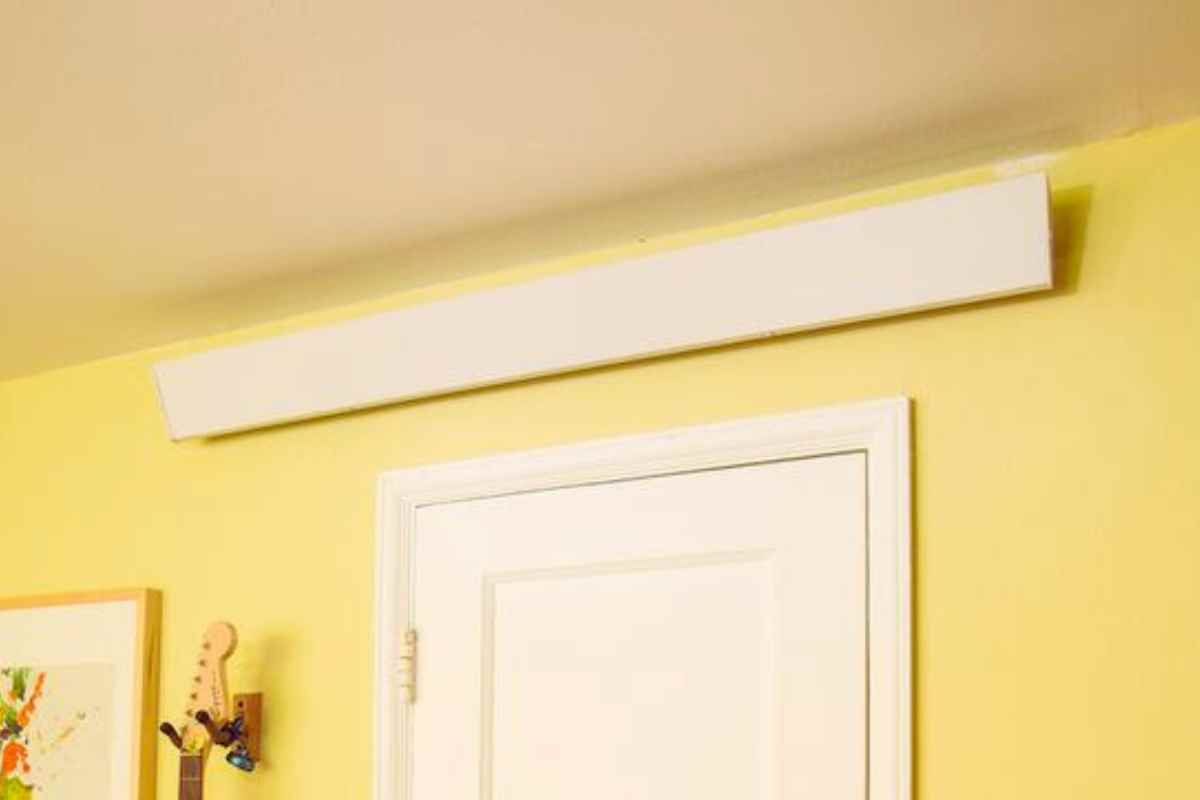6 Cove Heaters Pros And Cons
Cove heaters pros and cons. Cove heaters have picked up popularity as a discreet and efficient heating arrangement for different spaces. These heaters are introduced high on the wall and close the ceiling, giving a unique strategy of distributing warmth all through a room.
As with any warming system, cove heaters come with their own set of advantages and impediments. In this article, we will explore the pros and cons of bay radiators to help you make an educated choice about whether they are the proper heating option for your needs.
Cove heaters pros and cons


Pros
- Space Efficiency: Cove heaters are mounted on the divider, permitting ideal use of floor space. This can be particularly useful in rooms with limited square footage, where conventional floor-standing heaters may take up valuable room.
- Even Heating: Cove heaters are designed to emanate heat over the entire ceiling, creating a gentle warmth that continuously descends to the lower areas of the room. This may result in a more consistent and comfortable temperature throughout the space.
- Discreet Design: One of the major advantages of cove heaters is their tactful design. These heaters are ordinarily thin and can be painted to match the divider color, mixing consistently with the room’s decor. This makes them a favored choice for those who need heating without sacrificing aesthetics.
- Silent Operation: Unlike some other heating systems that can be boisterous, cove heaters work quietly. Usually especially appreciated in situations where commotion pollution may be a concern, such as bedrooms, offices, or libraries.
- Energy Efficiency: Cove heaters are known for their vitality and productivity. Since they work on radiant heat, there’s minimal heat loss, and they can be controlled individually for particular zones. This focus on heating can lead to vitality savings compared to central heating systems.
- Low Maintenance: Cove heaters have moderately low upkeep. They don’t have moving parts, and their basic design makes them less inclined to mechanical issues. Regular cleaning and periodic checks are usually sufficient to keep them in great working condition.
Cons


- Installation Cost: While cove heaters can be cost-effective in the long run due to their vitality proficiency, the starting installation cost can be relatively high. Professional establishment is suggested to ensure proper situation and wiring, including the overall expense.
- Limited Heating Capacity: Cove heaters may not be suitable for expansive spaces or regions with high ceilings, as their heating capacity is generally limited. In such cases, extra warming sources may be required to achieve the desired warmth.
- Slow Response Time: Cove heaters might have a slower reaction time compared to a few other heating systems. Since they depend on radiant heat, it may take some time for the room to reach the specified temperature.
- Not Ideal for Primary Heating: While cove heaters can be compelling as supplementary heating sources, they may not be adequate as the essential heating system, particularly in extremely cold climates. In such cases, a more powerful heating arrangement may be necessary.
- Installation Height Constraints: Proper installation is significant for the ideal performance of cove heaters. They have to be mounted at a particular height on the divider, which can be a limitation in spaces with architectural imperatives or aesthetic preferences.
- Potential Uneven Heating in Larger Spaces: In larger rooms, cove heaters may struggle to provide totally uniform heating. Certain zones may get more direct warmth than others, leading to temperature variations.
Conclusion
Cove heaters offer a one-of-a kind and stylishly satisfying heating arrangement with several advantages, including space proficiency, indeed heating, and a watchful design. However, potential drawbacks such as establishment costs, constrained heating capacity, and slow reaction time should be carefully considered. The suitability of cove heaters depends on variables such as room measurement, climate, and individual preferences. It’s important to weigh the pros and cons to decide whether cove heaters adjust to your heating needs and goals.






